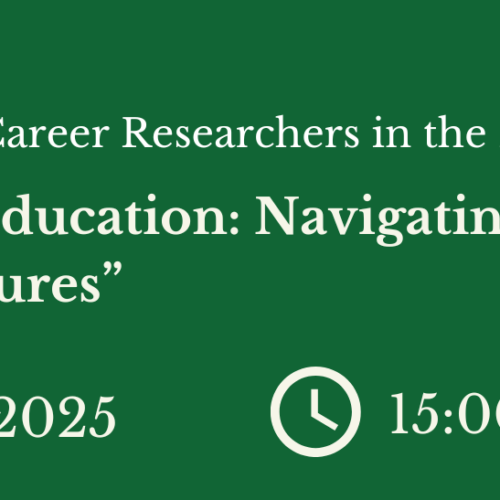ISCHE 46 Theme: Teachers and Teaching – History on the Move
Throughout history and in all levels and types of learning, teaching is at the core of the education process. ISCHE 46 will explore the history of teachers and teaching, from the earliest times through the early 21st century, in all its diversity. UNESCO defines teachers as all those who instruct others. Employing a broad definition of ‘instruct,’ ISCHE 46 will consider the histories not only of professional teachers in institutions from infant schools to universities, but also of trainers, families, tutors, youth associations, popular movements, self-instruction, and even non-human teachers such as other living beings and technological devices.
The conference theme Teachers and Teaching seeks to highlight actual and ideal roles of teachers and teaching in schools and in society. Their functions, importance, and status have evolved profoundly throughout history and continue to embody many contradictions. In the case of school teachers, they have been instruments of literacy, knowledge, and even emancipation. The very nature of teachers’ function – making particular kinds of knowledge available to others – can also raise expectations and cause tensions with those responsible for educational policies.
The social characteristics of human teachers: Who are the people who teach (professionally or otherwise), what does it mean to be a teacher, and how does one become a teacher? The historical sociology of teaching interrogates the history of social advancement through access to the profession as well as internal differentiation within it. The identities and status of teachers are many and varied, depending on the subjects they teach and the institutions in which they work. The knowledge and skills required to become and work as a teacher, as well as the recruitment and assessment procedures for this profession, have varied by subject and level, and teacher training has aroused much debate since it became institutionalized in the early nineteenth century. Because teachers’ gender, sexuality, social class, ethnic origins, and other background characteristics have influenced their training and status, analysis of these factors is essential to the historical sociology of teaching.
The work of teaching: Making particular kinds of knowledge available, and the conditions in which it takes place, have undergone profound changes throughout history, along with conceptions of the teacher’s authority. From memorization and recitation to “learning by doing” and active learning, teachers’ methods have – and have not – evolved in important ways. Working conditions have changed as a result of new administrative approaches, as well as teachers’ individual and organized efforts through professional, political, community, and/or trade union activities. The methods and working conditions of schoolteachers, university faculty, and those who teach in non-institutional contexts have differed in important ways that illuminate broader trends and issues.
Representations and knowledge of the teaching profession: Media and cultural images of teachers are many and varied, nurtured by individual or collective memories easily distorted by the passage of time. A range of teachers figure in cultural productions of the past (literature, theater, film…) whose characters serve as archetypes of goodness or severity, from teachers committed to their pupils to those who are burned out and cynical. Understanding the emergence and evolution of these representations illuminates how culture informs, shapes and refracts the politics of teaching and historical memory.
Pluralizing teaching and teachers: Teachers are not only those legitimized professionally by the state and other certifying agencies, but also other agents which make knowledge available to others. Social, cultural and religious movements have been important teachers in human history. Also, non-human actors such as plants and animals as well as technological artifacts that have knowledge inscribed into them have also played a role in teaching and passing knowledge throughout different generations.
Approaching the history of education through a focus on teachers and teaching requires particular attention to contexts. ISCHE 46 aims to make the most of the plurality of contexts by exploring all historical periods and geographical areas. Case studies, comparative approaches, studies of individuals, and institutional or system-wide analyses are all welcome, as are a diverse range of sources and methodologies. All knowledge about teachers and teaching practices, as well as their renewal, is equally important.


